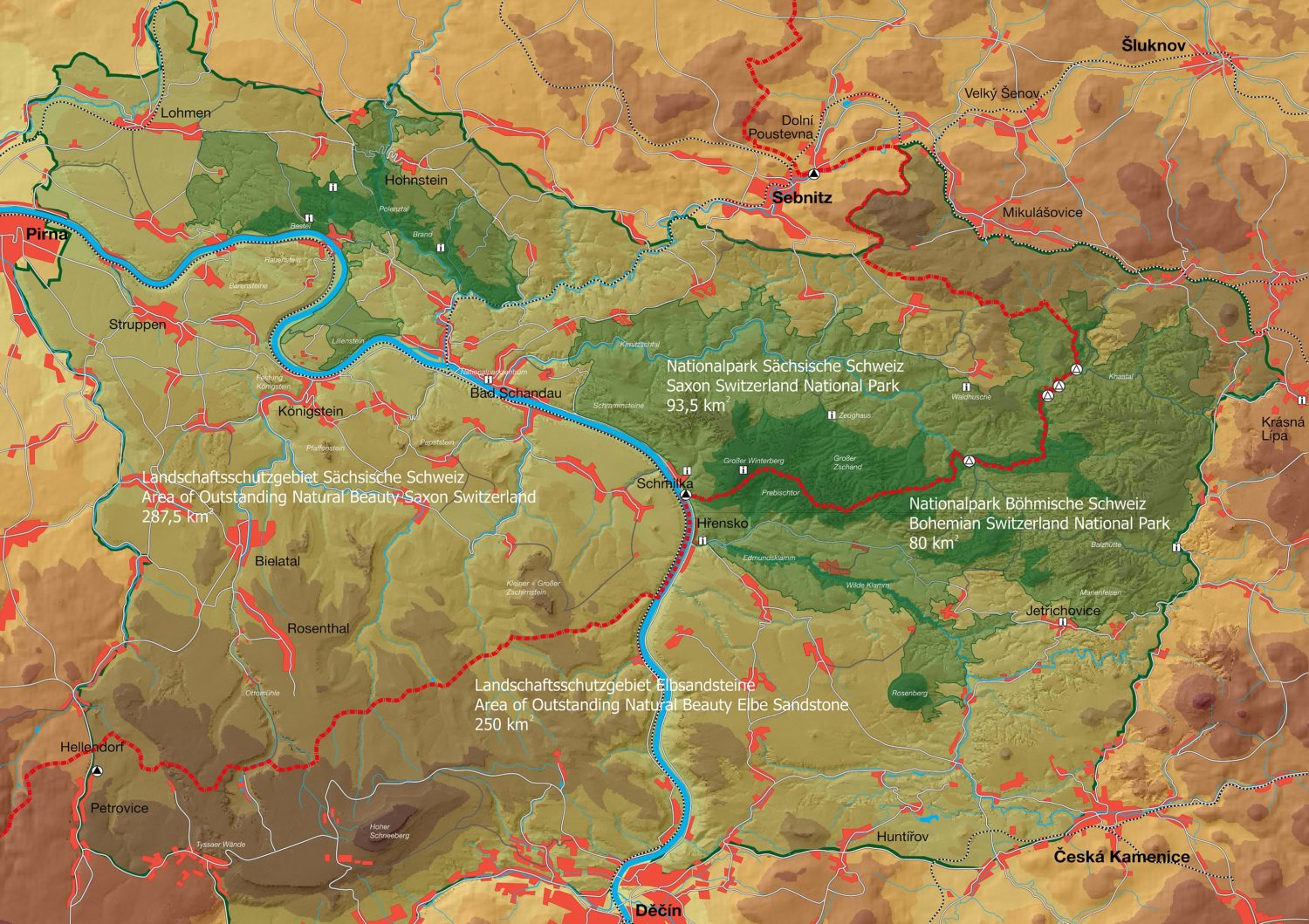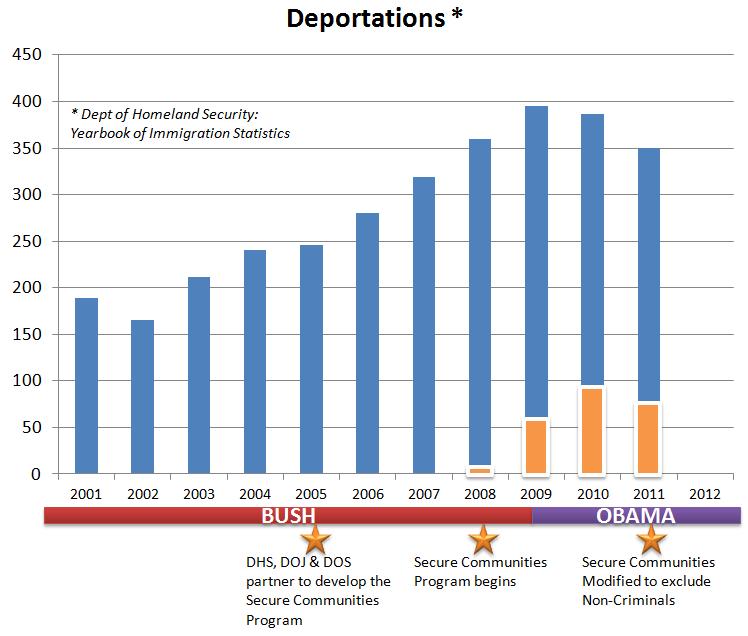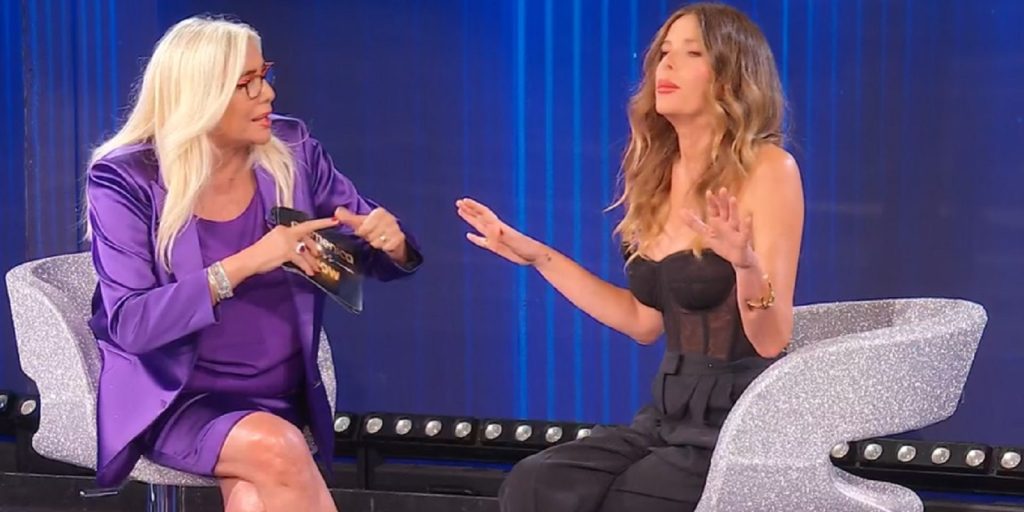Gaza Conflict: Iceland's Push To Exclude Israel From Eurovision

Table of Contents
Iceland's Rationale for the Boycott
Iceland's push for Israel's exclusion from Eurovision stemmed from deep concerns over the escalating humanitarian crisis in Gaza and Israel's actions during the conflict. Their rationale centers around the perceived incompatibility of Israel's actions with the values that Eurovision supposedly represents.
- Allegations of human rights violations in Gaza: Iceland, along with numerous human rights organizations, has voiced serious concerns about the alleged human rights abuses occurring in Gaza, including civilian casualties and the destruction of infrastructure. These concerns form the bedrock of their argument for a boycott.
- Israel's actions during the conflict: The scale and nature of the conflict, with its devastating impact on civilian populations, were cited as primary reasons for Iceland’s stance. The perceived disproportionate use of force and the targeting of civilian areas fueled their call for accountability.
- Calls for accountability and condemnation of the violence: Iceland’s proposal aimed to pressure Israel to be held accountable for its actions during the conflict and to publicly condemn the violence inflicted upon civilians in Gaza.
- Statements from Icelandic officials: Public statements from Icelandic government officials underscored the country's commitment to human rights and international law, framing their actions as a necessary response to the humanitarian catastrophe unfolding in Gaza. These statements explicitly linked their position to Eurovision's supposed commitment to inclusivity and peace.
The ethical considerations raised by Iceland's proposal are significant. The question of whether a musical competition should serve as a platform for political activism and condemnation of state actions touches upon fundamental debates surrounding the relationship between art, politics, and international law.
International Reactions and the Eurovision Response
Iceland's call was met with a diverse range of reactions, both within and outside the Eurovision family. The proposal triggered a major debate on the role of politics in what is ostensibly a non-political event.
- Support or opposition from other participating nations: While some countries expressed sympathy with Iceland's concerns, many others were strongly opposed to the politicization of the Eurovision Song Contest, highlighting the importance of maintaining the event's apolitical nature.
- The official response from the European Broadcasting Union (EBU): The EBU, the organizer of Eurovision, released a statement emphasizing its commitment to neutrality and the separation of the contest from political issues. They explicitly rejected Iceland's call for exclusion.
- Public opinion and media coverage in various countries: Public opinion varied considerably across different nations, reflecting diverse geopolitical stances and perspectives on the Israel-Palestine conflict. Media coverage ranged from highly supportive of Iceland's stance to strongly critical, highlighting the intensely polarized nature of the debate.
- Petitions and campaigns: Numerous online petitions and campaigns emerged both in support of and opposition to Iceland's proposal, illustrating the significant global interest and engagement this issue generated.
The response highlighted the considerable international pressure surrounding Eurovision and underscored the potential for political controversies to deeply impact the event. The "EBU response" specifically became a key focus of media attention.
The Role of Politics in Eurovision
The controversy surrounding Iceland's boycott isn't unprecedented. Eurovision, despite its image as a purely artistic event, has a history of grappling with political undercurrents.
- Examples of past political controversies at Eurovision: Past instances of political boycotts, protests, and controversies demonstrate that attempting to completely separate politics from Eurovision is unrealistic.
- Separating politics from art and entertainment: The core debate revolves around the inherent tension between the supposed apolitical nature of artistic competition and the very real political realities that shape the world.
- Potential impact on the future of the competition: Iceland's action has raised concerns about the long-term stability and neutrality of the Eurovision Song Contest. Could this lead to a surge in future political interventions, thereby damaging its reputation?
This debate highlights the complexity of "Eurovision politics" and the challenges of maintaining artistic freedom in a politically charged environment. The concept of "cultural diplomacy" through Eurovision also comes into sharp focus.
The Implications for the Future of Eurovision
Iceland's actions have significant long-term implications for the Eurovision Song Contest. The debate extends far beyond the immediate outcome of the 2023 contest.
- Potential for future boycotts and political interventions: The precedent set by Iceland could embolden other countries to use Eurovision as a platform for expressing political grievances in the future.
- Impact on the contest's image and neutrality: The controversy could damage Eurovision's reputation for neutrality and its ability to remain a purely artistic endeavor.
- Changes to the rules or selection process: The EBU might be forced to reconsider its rules and procedures to prevent similar controversies from arising in the future.
The "Eurovision future" hangs in the balance, dependent on how the organization addresses the concerns and precedents raised by this debate. The "contest integrity" is directly challenged by such political interventions.
Conclusion
Iceland's call to exclude Israel from Eurovision, driven by deep concerns about the Gaza conflict and human rights violations, sparked a significant debate about the role of politics in international artistic competitions. While some supported Iceland’s stance, emphasizing the moral imperative to address human rights abuses, many others criticized the politicization of Eurovision, highlighting the importance of maintaining the event’s neutrality. The "Gaza Conflict: Iceland's Push to Exclude Israel from Eurovision" highlights a critical intersection between international relations, artistic expression, and the complex challenges of navigating political sensitivities in global cultural events. The ongoing debate surrounding this issue remains vital and necessitates further engagement. We encourage you to explore the many resources available to form your own informed opinion on this complex and multifaceted situation.

Featured Posts
-
 Analyzing Arkansas Softballs Unprecedented Power Hitting Success
May 14, 2025
Analyzing Arkansas Softballs Unprecedented Power Hitting Success
May 14, 2025 -
 Saechsische Schweiz Nationalpark Fuenf Neue Partner Erweitern Das Netzwerk
May 14, 2025
Saechsische Schweiz Nationalpark Fuenf Neue Partner Erweitern Das Netzwerk
May 14, 2025 -
 Ultimo Adios A Jose Mujica Expresidente De Uruguay Muere A Los 89
May 14, 2025
Ultimo Adios A Jose Mujica Expresidente De Uruguay Muere A Los 89
May 14, 2025 -
 From Open Arms To Deportations Understanding Portugals Shift On Immigration
May 14, 2025
From Open Arms To Deportations Understanding Portugals Shift On Immigration
May 14, 2025 -
 Mara Venier E Alessia Marcuzzi Un Battibecco Che Fa Discutere
May 14, 2025
Mara Venier E Alessia Marcuzzi Un Battibecco Che Fa Discutere
May 14, 2025
